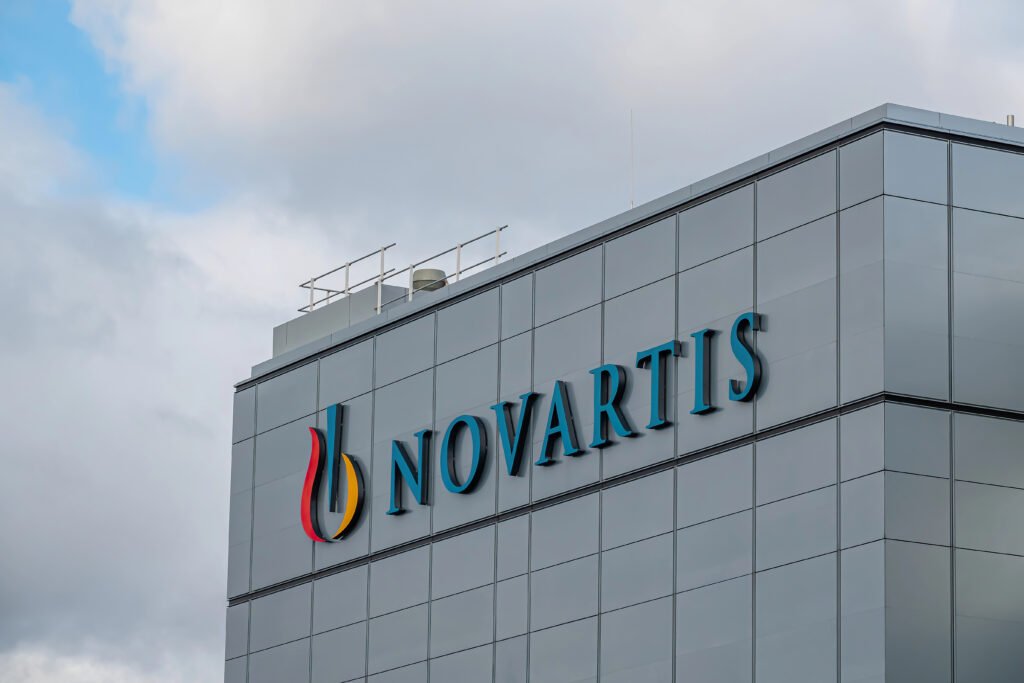In a surprising move, Novartis snapped up preclinical-stage Kate Therapeutics for over a billion dollars—signaling renewed confidence in gene therapy and rare disease innovation.
In a surprising move, Novartis snapped up preclinical-stage Kate Therapeutics for over a billion dollars—signaling renewed confidence in gene therapy and rare disease innovation.

The Deal That Turned Heads
On November 6, 2024, Novartis announced its acquisition of Kate Therapeutics for $1.1 billion, a biotech start-up focused on neuromuscular diseases. What made this deal stand out wasn’t just the price tag—it was the fact that Kate’s pipeline was entirely preclinical. In a year marked by cautious investment and a tight IPO market, this move felt like a jolt of electricity through the biotech sector.
Kate’s lead programs target Duchenne muscular dystrophy (DMD) and other rare neuromuscular conditions using novel capsid technology designed to improve gene delivery. The science is early, but promising—and Novartis clearly saw enough to make a billion-dollar bet.
Why Neuromuscular Disease Is Back in Focus
Neuromuscular diseases have long been a challenging frontier. Treatments are limited, and gene therapy has faced hurdles in delivery, durability, and safety. But recent advances in capsid engineering, immune evasion, and manufacturing scalability have reignited interest.
Kate Therapeutics’ platform aims to overcome some of these barriers. By developing capsids that can better target muscle tissue and evade immune detection, the company hopes to unlock more effective and longer-lasting therapies.
Novartis, already a major player in gene therapy with Zolgensma for spinal muscular atrophy, is doubling down on its commitment to rare disease innovation. The Kate deal suggests the company sees neuromuscular gene therapy as the next frontier.
What This Means for Biotech Investment
The acquisition sent a clear message: early-stage science can still command premium valuations—if it’s differentiated and strategically aligned with pharma priorities. In a year where IPOs were scarce and M&A was selective, this deal stood out as a vote of confidence in biotech’s future.
It also reflects a broader trend: big pharma is increasingly looking to build rather than buy late-stage assets. By acquiring companies earlier in their lifecycle, they can shape development, reduce competition, and potentially lower long-term costs.
What’s Next?
Kate Therapeutics will now operate under Novartis’ gene therapy division, with plans to accelerate its DMD program into clinical trials. If successful, it could reshape the treatment landscape for one of the most devastating pediatric diseases.
For the biotech sector, the deal is a reminder that bold science still gets rewarded—even in a cautious market. And for patients, it’s a glimmer of hope that transformative therapies may be closer than they think.
Keep in touch with our news & offers